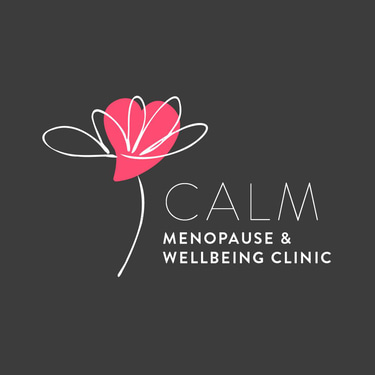The Impact of Alcohol on Women During Perimenopause and Menopause
6/16/20252 min read


Understanding Perimenopause and Menopause
Perimenopause and menopause are significant phases in a woman's life, marking the transition away from reproductive years. Perimenopause can begin as early as the late 30s, characterised by irregular menstrual cycles and various physical and emotional symptoms. Menopause, is defined as the cessation of menstruation for 12 consecutive months, typically occurs in a woman's late 40s to early 50s. Each woman experiences these stages differently, with varying degrees of symptoms, which can include hot flushes, mood swings, and sleep disturbances.
Alcohol Consumption During Menopausal Transitions
Alcohol is often consumed as a social activity and may temporarily alleviate certain menopausal symptoms for some. However, the consumption of alcohol during perimenopause and menopause can introduce complex effects. It can exacerbate hot flushes, which are already prevalent during these transitions, disrupting the body's ability to regulate temperature, night sweats can be exacerbated and mood can be lowered due to the depressive affects alcohol can have on the body. Women may find that alcohol intensifies their symptoms, leading to increased discomfort.
The Long-term Effects of Alcohol on Health
In addition to immediate effects, alcohol can also pose long-term health risks for women experiencing these transitional phases. Research suggests that alcohol consumption can contribute to an increased risk of osteoporosis, heart disease, and certain cancers including breast cancer. Furthermore, perimenopausal and menopausal women may be more susceptible to the negative effects of alcohol due to hormonal changes that affect metabolism and fat distribution. Understanding these risks is essential for making informed decisions about alcohol consumption during this stage of life.
Ultimately, women should consider moderating their alcohol intake during perimenopause and menopause to manage symptoms effectively and mitigate long-term health risks. 14 units a week is the maximum recommended amount of alcohol to be consumed. Consulting with healthcare professionals can provide personalised strategies for coping with the challenges associated with these physiological changes, paving the way towards a healthier and more comfortable transition. Reducing the amount of alcohol consumed is a positive way to reduce some menopausal symptoms as well as reducing the hangover effects as these can also be heightened and take longer to recover from.
Contact:
website: calmmenopause.co.uk
Telephone: 07511039004
© 2024. All rights reserved.
email: vikki@calmmenopause.co.uk


